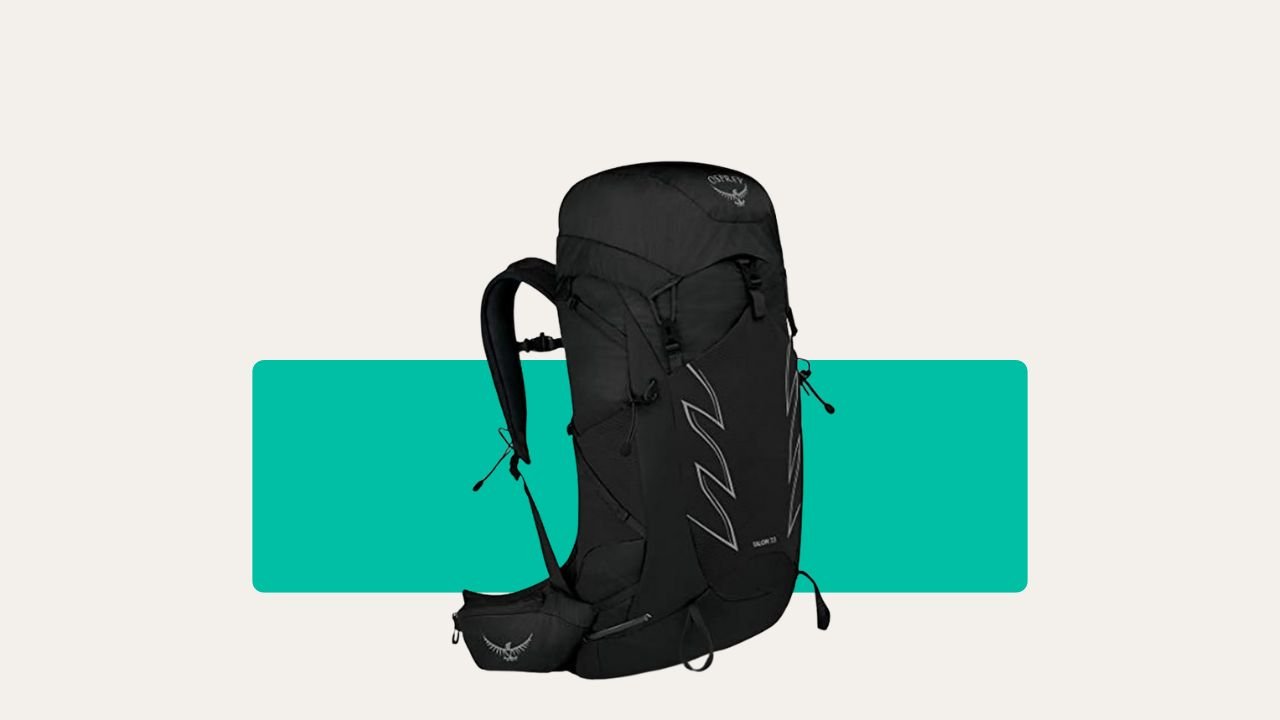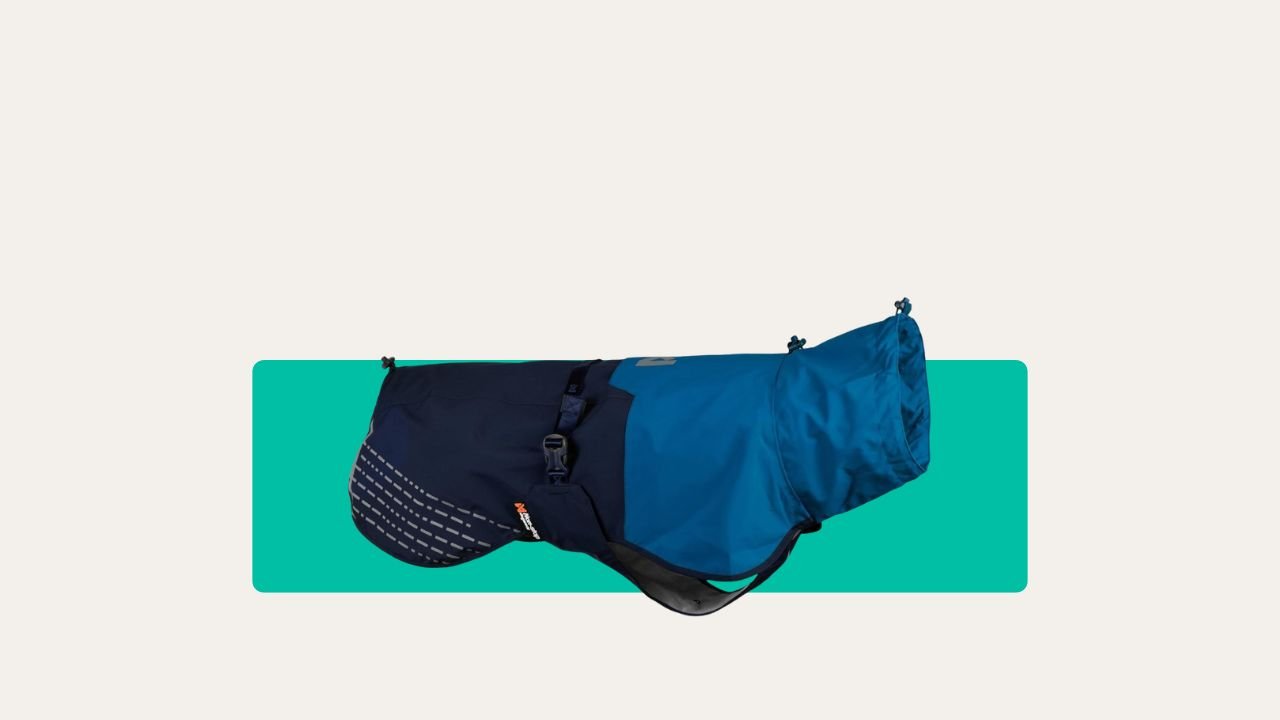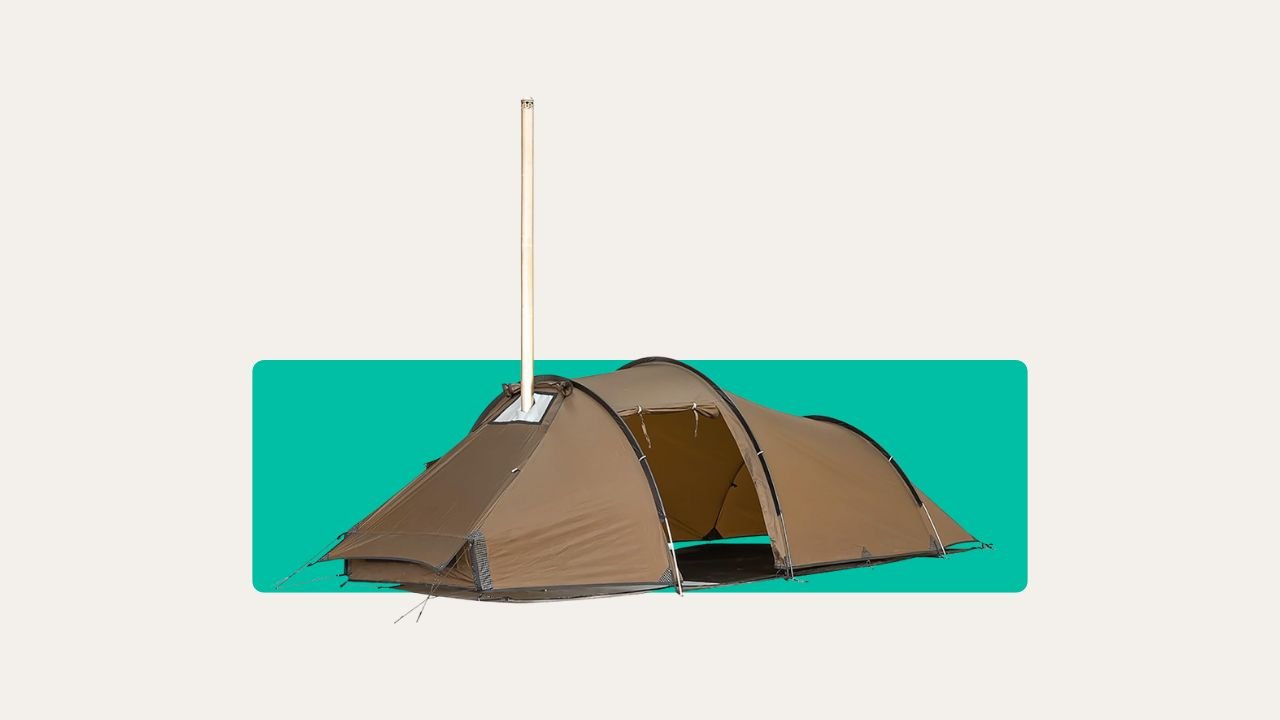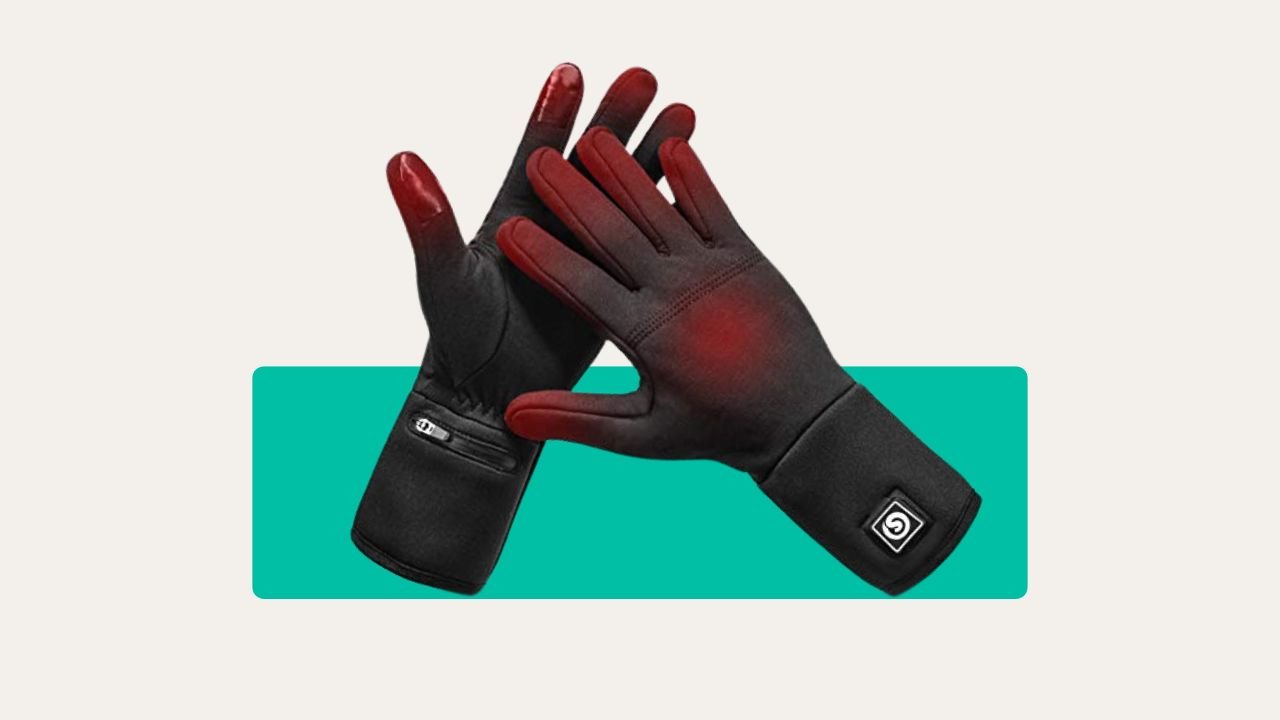Most people think you need a mountain of gear and a survival manual to go camping in the UK. That’s nonsense. You don’t have to spend a fortune or pack like you’re off on an Arctic trek. Good camping is all about smart choices, comfort, and being prepared for classic British weather—rain, midges, and surprises included.
After years sleeping under canvas in everything from Lake District downpours to chilly Cornish winds, these are the things I wish someone had told me at the start. Here’s how you do it right, even if you’re a total beginner.
Get Ready for Your First Camping Trip
Don’t wing it. Turning up late, realising you’ve forgotten pegs, or trying to pitch a new tent in the dark is no one’s idea of a laugh. The best trips start with a bit of planning.
Make a checklist. Test your kit before you pack—yes, actually put that tent up in your back garden first. You’ll thank me when your tent isn’t missing a pole and you’re not scrambling for instructions in the rain.

Don’t overthink it though. Perfection isn’t the goal. The idea is to be dry, warm, and not go hungry. The rest is a bonus.
Pick the Right Campsite
Here’s where newbies go wrong: booking a wild, remote site with no toilets, then regretting it by breakfast. For your first few trips, stick to a proper campsite. Look for one with decent loos, hot showers, and running water. If it’s got a shop for ice creams and a pub nearby, even better.
When you arrive, look for a pitch that’s flat and higher than the surrounding ground (saves you from puddles in the rain). Avoid sleeping under big trees—branches can drop and birds will leave you “gifts”. Stay clear of the bins and the toilets if you want quiet and less foot traffic.
Sort Out Your Shelter and Sleeping Kit
Most people buy a tent that’s “just big enough” for their group. Always go at least one size up. Two people? Get a three-person tent. You’ll want space for rucksacks, boots, and maybe to actually move about.
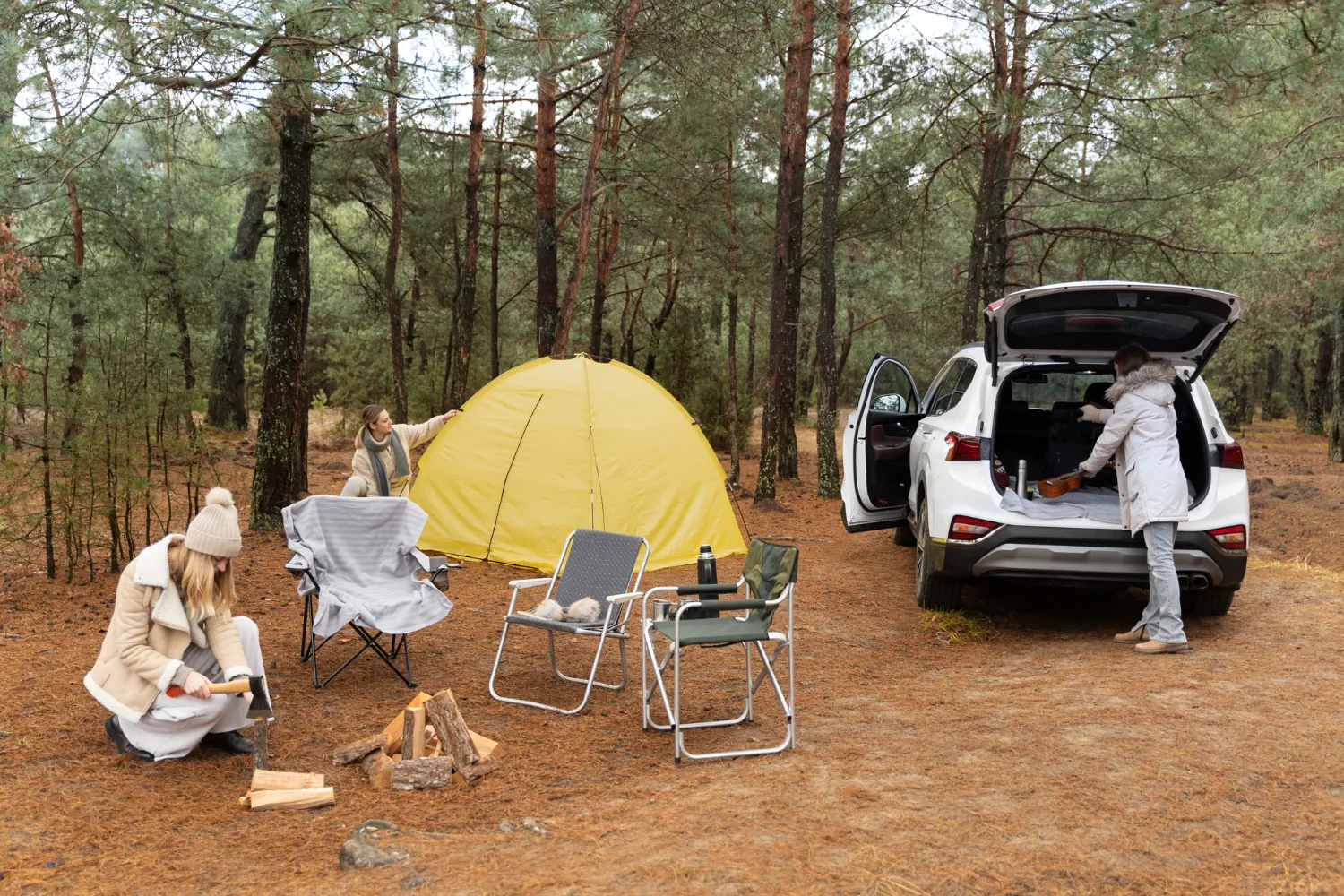
I once slept in a “four-man” tent with three adults and ended up hugging my boots all night. Never again.
Get a tent with a proper flysheet and decent waterproofing. A sewn-in groundsheet is a lifesaver in wet weather.
For sleeping, don’t cheap out. The British ground is hard and cold. Get a proper sleeping mat or an inflatable mattress—anything is better than just a sleeping bag. A warm, season-appropriate sleeping bag matters massively, especially in early spring or late autumn.
On one trip in Snowdonia, I thought a cheap supermarket bag would do. I spent all night shivering. Splurge for the warmth—it’s worth every penny.
A camping pillow beats using a soggy hoodie. But if you’ve forgotten it, stuff a fleece into a dry bag and call it a pillow.
Grab the Gear That Matters Most
Forget the gimmicks—here’s your real kit list:
- Headtorch (for hands-free cooking and night wanderings)
- Lantern (for softer tent lighting)
- Spare batteries (always)
- Mallet (gets tent pegs into stony ground)
- Duct tape (for emergency repairs—tents, boots, airbeds)
- Multi-tool or penknife (preps food, sorts snags)
- Extra tent pegs (you’ll lose a few, trust me)
- Basic repair kit (even just a bit of tape, zip ties, and needle and thread)
- A few lengths of paracord or rope (for tarps or drying clothes)
Leave the portable espresso machine at home. Take what you’ll actually use. The less clutter, the happier you’ll be.
Organise Your Camp Kitchen
You don’t need a chef’s kitchen—just enough to manage a brew and a bacon sarnie.
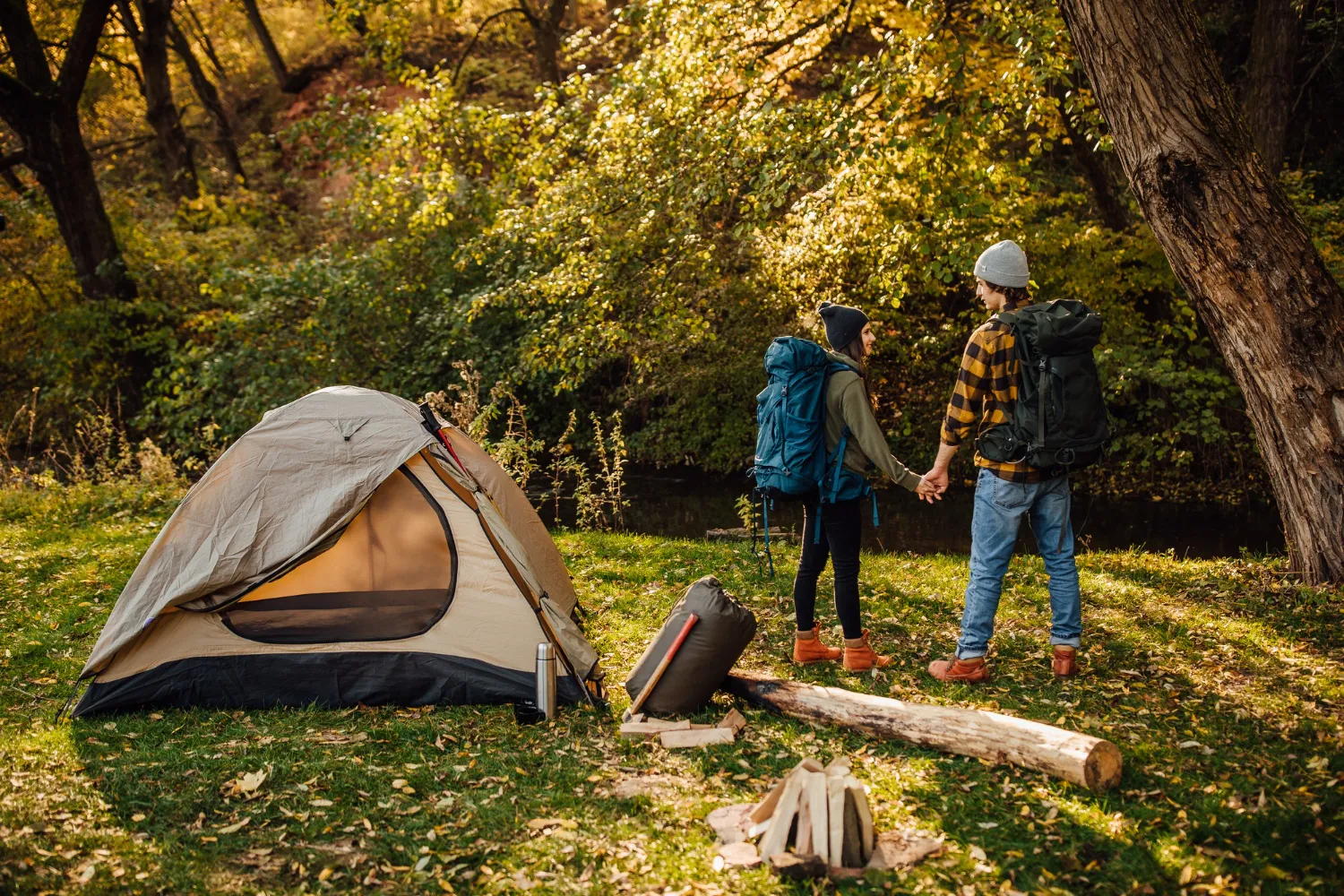
Take a one- or two-burner camping stove, matches or a lighter (and a backup), a small pan and frying pan, and some utensils. A couple of plates, cutlery, and mugs. A washing-up bowl and sponge make cleaning less painful. If you’re bringing fresh food, get a cool box and some ice packs—no one wants warm milk with their tea.
Prep food before you go. Chop the veg, portion out ingredients, or even make a one-pot stew in advance you can reheat.
Washing up is easier if you bring biodegradable soap and a tea towel. Never pour dirty water next to your pitch—use the sink or washing point.
Pack Gear for Staying Safe and Healthy
You don’t want to be caught out in the middle of nowhere with a cut finger or banging headache.
Pack a first aid kit: plasters, antiseptic wipes, ibuprofen, tweezers (for splinters or ticks), safety pins, and any personal medication. Add sun cream and insect repellent—the joys of a Highland midges swarm can’t be overstated. A travel-size bottle of hand sanitiser goes a long way.
When in doubt, throw in some extra loo roll. Trust me, it’ll be the best thing you pack on a busy bank holiday.
Dress Right for the Outdoors
Forget fashion. Pack for every possible forecast—this is the UK, not southern France.
Layer up: T-shirt, fleece, and a puffer or down jacket for the evening chill. Bring a proper waterproof jacket and trousers. Wet jeans are your worst enemy, and they stay soggy for ages.
Take warm socks (preferably not cotton) and a hat for cold nights. Even in July, it can get nippy after sunset.
If midges are out, long sleeves and trousers keep your skin bite-free. A pair of wellies or waterproof boots keeps your feet dry on mud runs to the loo.
Set Up Your Camp Like a Pro
You don’t need to be Ray Mears, but a neat camp means a less stressful trip.
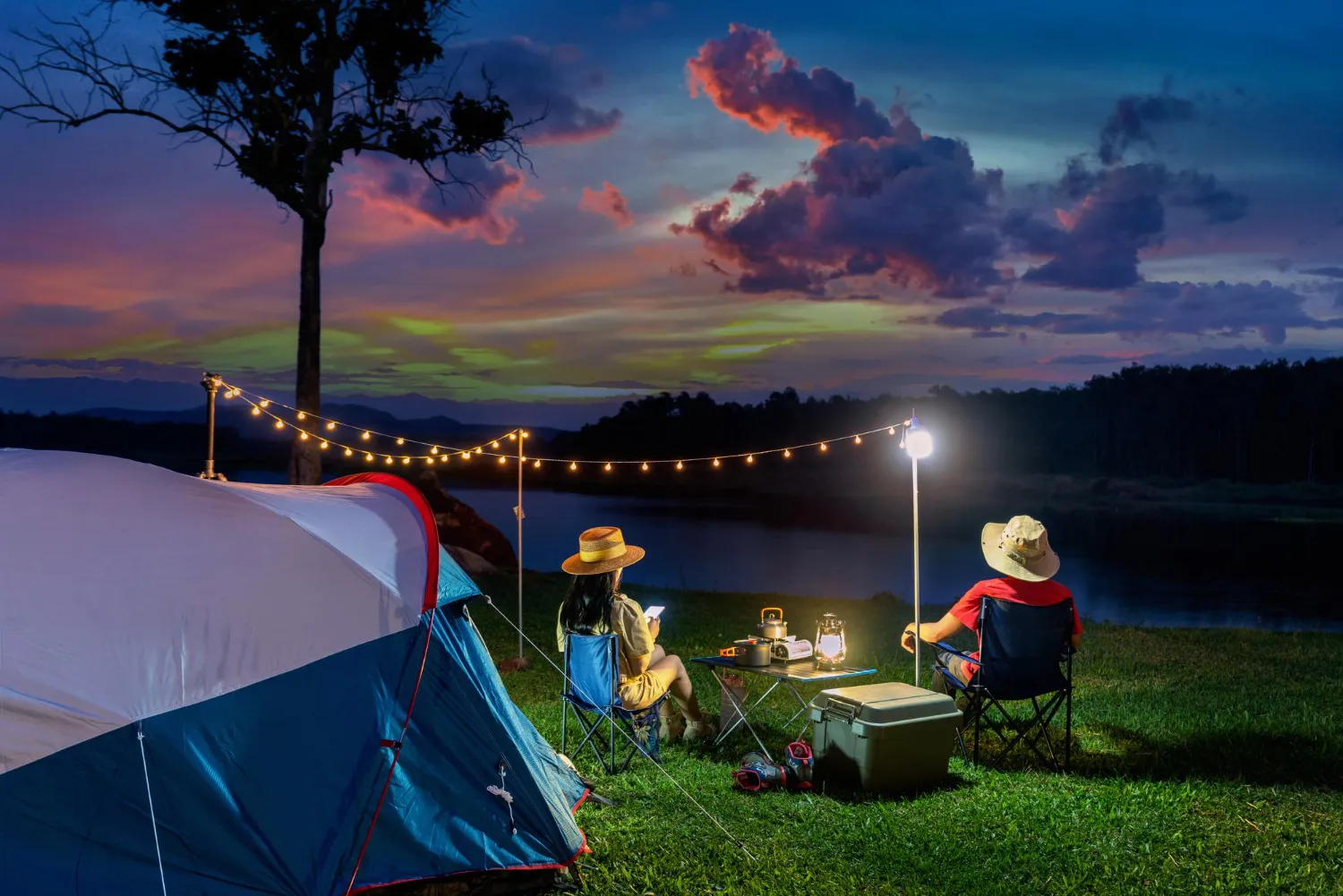
Pitch the tent before you do anything else. Peg out the groundsheet tight—puddles form in baggy corners. Use all the guylines if it’s windy. Stick your sleeping area at the highest point of the pitch.
Arrange your kit so you know where everything is; put key stuff in the porch or tent pockets. Hang up a tarp over your kitchen or eating area for rainy days—paracord and a tarpaulin cost a tenner and make all the difference.
Know the Rules About Campfires and Cooking
Don’t just chuck a match and hope for the best. Most UK campsites ban open fires—check before you bring your marshmallows. If fires are allowed, use the fire pit or ring. Never cut down branches—buy firewood locally (it’s better for the environment). Always fill a bucket of water before you start. Ashes go stone cold before you leave.
Keep food simple. Pasta, one-pan wonders, sausages, things you can toss into a roll. Clean up everything by night—rubbish bags tied tight, leftovers binned.
Look After Yourself Against Bugs and Wildlife
You’ll share the outdoors with beasties—badgers, foxes, squirrels, but mostly midges, wasps, and ants.
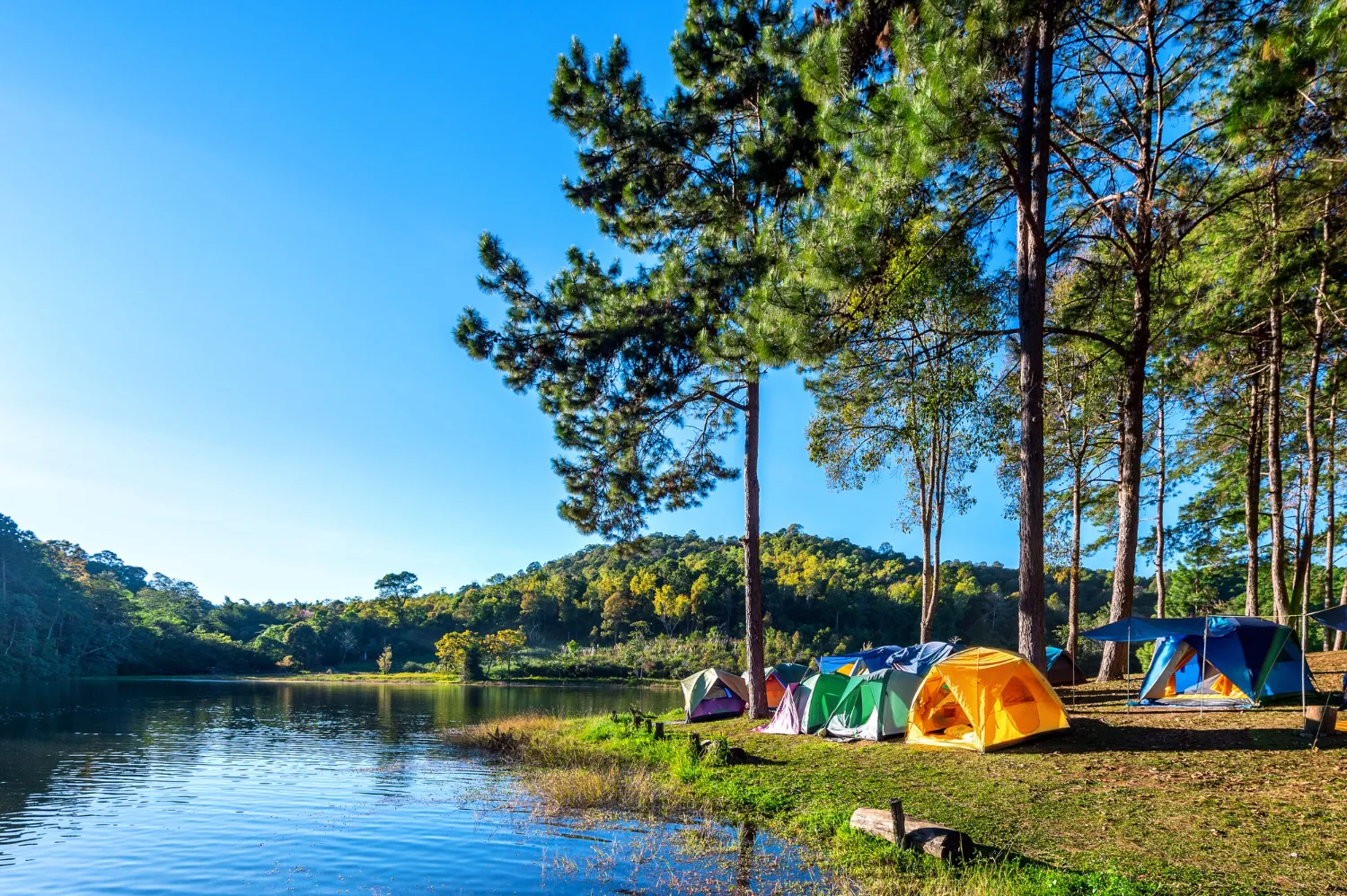
Pack all food in sealed containers or cool boxes. Don’t leave snacks out or you’ll wake to find your breakfast raided. Clean stoves and keep rubbish inside zipped tents or cars overnight.
Spray and cream help but aren’t foolproof—try a mosquito net if you’re in Scotland in June.
Get Ready for the Unexpected
Accidents happen, tents break, and the weather turns vile with no warning. That’s half the fun.
Know where to grab help: campsite reception, nearest hospital, or the owner’s phone number. Charge your phone and keep a power bank handy. Make sure everyone knows the basics—nearest loo block, where to meet if anyone gets lost, and location of the emergency exit or muster point.
If someone gets a proper injury, don’t try to be a hero—call for help early.
Find Things to Do While Camping
There’s more to a trip than sitting by the fire. Pack a football, cards, or a frisbee. Go for a walk or hike (ask the site warden for the best local trail). Keep a set of waterproofs by the tent door so you’re never stuck in all day.

Toasting marshmallows, spotting bats, or star-watching are simple but brilliant. If you’ve got kids, a bug hunt or building a den keeps them busy for hours.
Simple Advice to Make Your Trip Better
Test your kit before you leave—even I’ve been caught out with a brand-new stove that wouldn't light. Always write and tick off a packing list. Overlook something minor, it’s a story for the next trip; forget your sleeping bag and it’ll be an early drive home.
Don’t panic if things go wrong. There’s no such thing as the ‘perfect’ camping trip—just one you learn from.
Ask other campers for tips—most folks are friendly and love to chat. Stick to the basics, keep things simple, and enjoy the good bits. The more you camp, the more you’ll learn what matters and what doesn’t.
By following these camping tips and tricks, you’ll swerve common beginner mistakes, stay dry, and maybe even enjoy a few proper laughs along the way. That’s what camping essentials for beginners really means—make it easy, safe, and fun.

